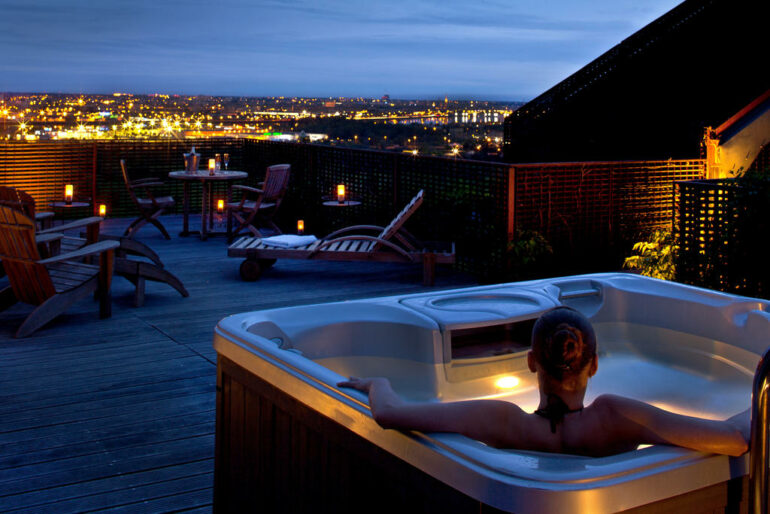Selecting a luxury hotel is not something that can be improvised. This type of establishment requires a certain level of precision, both in terms of the quality of the welcome and the overall service. The goal is not limited to spending a simple night in a beautiful setting. It is about achieving a form of excellence that combines comfort, personalized service, and discreet refinement. Before booking, several elements deserve careful evaluation. Savvy travelers don’t leave things to chance, but look for tangible criteria, starting with the consistency between the claimed prestige and the actual experience offered.
Evaluating the Real Quality of Hotel Service
The promise of luxury often rests on carefully chosen words. However, only the actual quality of service can distinguish truly high-end hotels from establishments that exploit an ill-deserved image of prestige. Particular attention to detail generally reflects the professionalism of the staff. The way the team anticipates needs, adapts to specific requests, and respects confidentiality demonstrates in-depth expertise. The elegance of a place is not judged solely by the richness of its decor, but also by the personal quality of the welcome.
First impressions play a significant role. They are established from the initial contact. Responsive, available staff capable of providing precise information about services are reliable indicators. The guest experience begins well before arrival. Attentiveness, politeness, and the precision of responses provided by phone or email already reflect the level of attention given to each guest. A truly luxurious hotel is recognized by its ability to offer a seamless experience, without any false notes or approximations.
Comparing the services offered and the promises kept
Beyond the decor, the service offering distinguishes a superior hotel. The variety and quality of the services available must meet international standards, while incorporating a local touch that adds meaning to the stay. A gourmet restaurant, a highly qualified spa, a multilingual concierge service, a seminar room in Paris, or even the presence of a private driver can enrich the experience. But these services must be carried out with rigor, without ever falling into ostentatious excess.
It’s also important to ensure consistency between the services advertised on the establishment’s website and those actually available. Published photos must correspond to the reality experienced on site. Descriptions must reflect an authentic, not idealized, experience. A luxury hotel only earns its reputation when its entire offering meets the expectations of the most demanding traveler. Transparency, consistent quality, and adaptability are among the pillars of an impeccable establishment.
Consider the architectural setting and atmosphere
The architectural aesthetic of a luxury hotel contributes fully to the sensory experience. Some establishments focus on heritage traditions, others on contemporary minimalism. This stylistic diversity is not a flaw, but it requires a selection based on specific preferences. A fully restored, state-of-the-art old building offers a very different atmosphere than a sleek urban tower. The choice must match the mood of the stay and the desired experience.
The interior ambiance is just as decisive. The furnishings, the layout of the spaces, the quality of the soundproofing, and the harmony of the colors influence the serenity of the space. A luxury hotel never imposes its vision. It discreetly invites a state of total well-being. The fluid flow between the different spaces, the intimacy of the rooms, and the masterful originality of the decoration form a cohesive whole. Perceived comfort is not limited to functionality; it arises from a subtle interaction between materials, light, and silence.
Consider location and ease of access
Location is a fundamental criterion when choosing a luxury hotel. It is not just the distance between the hotel and a point of interest. It’s about understanding the overall environment: neighborhood, security level, daytime and nighttime ambiance, ease of access to transportation or essential services. A secluded property in the heart of a natural landscape requires a different level of planning than a hotel located a stone’s throw from a bustling city center.
Accessibility must also be given special attention. A hotel with poor transport links, difficulty locating, or without adequate transfer options can quickly turn a pleasant stay into a difficult journey. A private airport shuttle, a nearby metro station, or even the option of secure parking reinforce the hotel’s practical value. A luxury experience cannot tolerate avoidable logistical obstacles, especially when the goal is complete relaxation.





